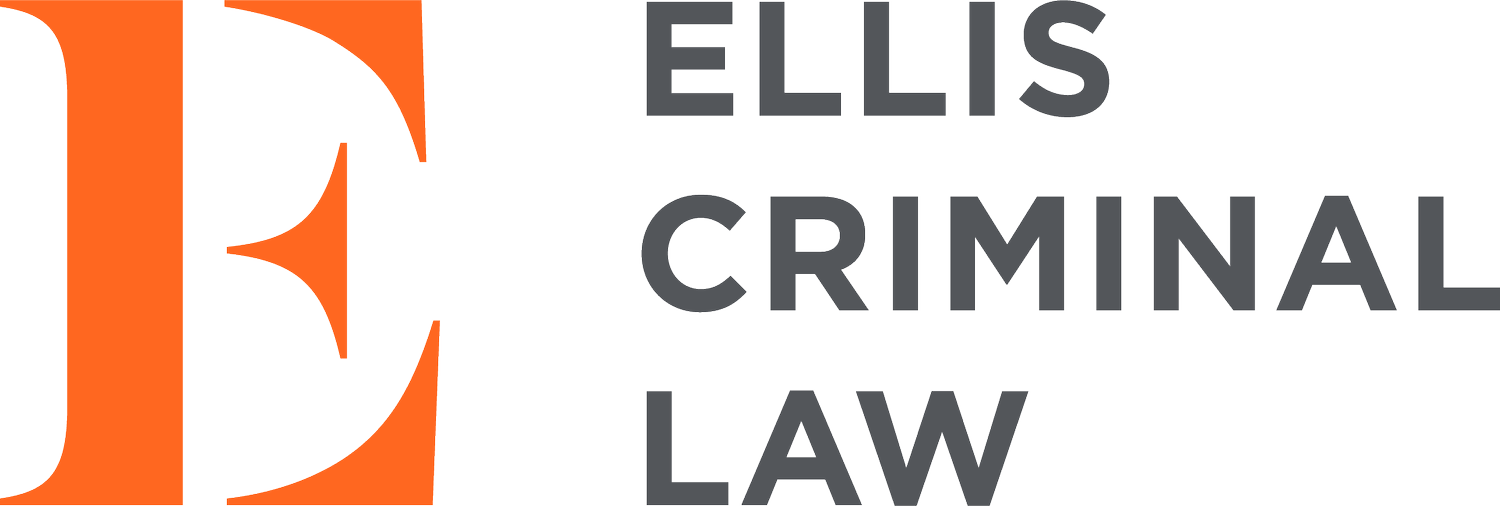What is a pardon? How do I get one?
A pardon, more accurately referred to as a record suspension, keeps the judicial record of your conviction(s) separate and apart from other criminal records. This removes all information about your conviction(s) from the Canadian Police Information Centre (CPIC) database and means that your conviction(s) will not show up on a regular criminal record check. Your criminal record is not erased but is kept separate and apart from other criminal records.
However, depending on the nature of your offence, your conviction could still show up on a vulnerable persons record check. For example, sexual offenders who receive a pardon will still be flagged in CPIC. This is important to know for anyone seeking employment or education opportunities that require a clean criminal record check.
Pardons can be obtained for many Criminal Code of Canada offences. The wait time for a pardon depends on the offence committed and the type and length of sentence you received. It is a complicated process with many steps. There are, however, some offences for which pardons cannot be received, or if you have been convicted too many times you may not be eligible. Pardons do not need to be obtained by anyone that receives an absolute or conditional discharge, or by any young person found guilty in a youth court.
You do not require a lawyer to apply for a pardon and you can complete the application on your own. However, we can help you navigate this complex process and ensure that your application is completed correctly.
